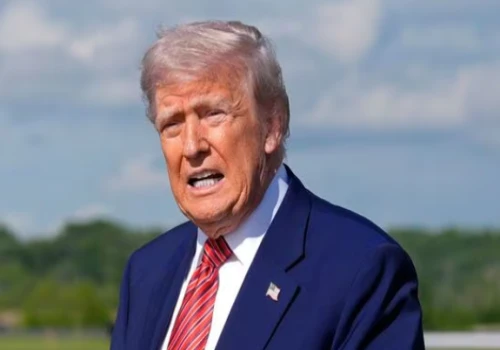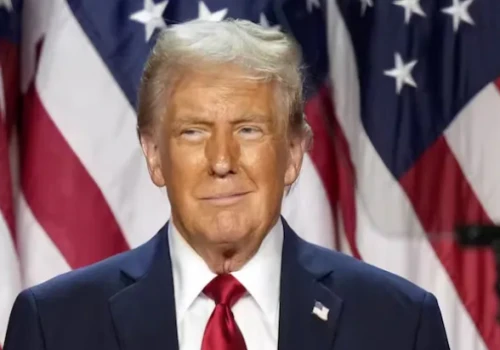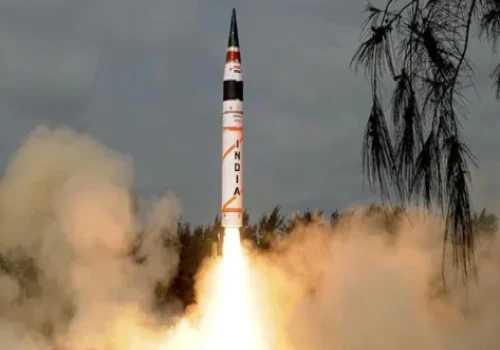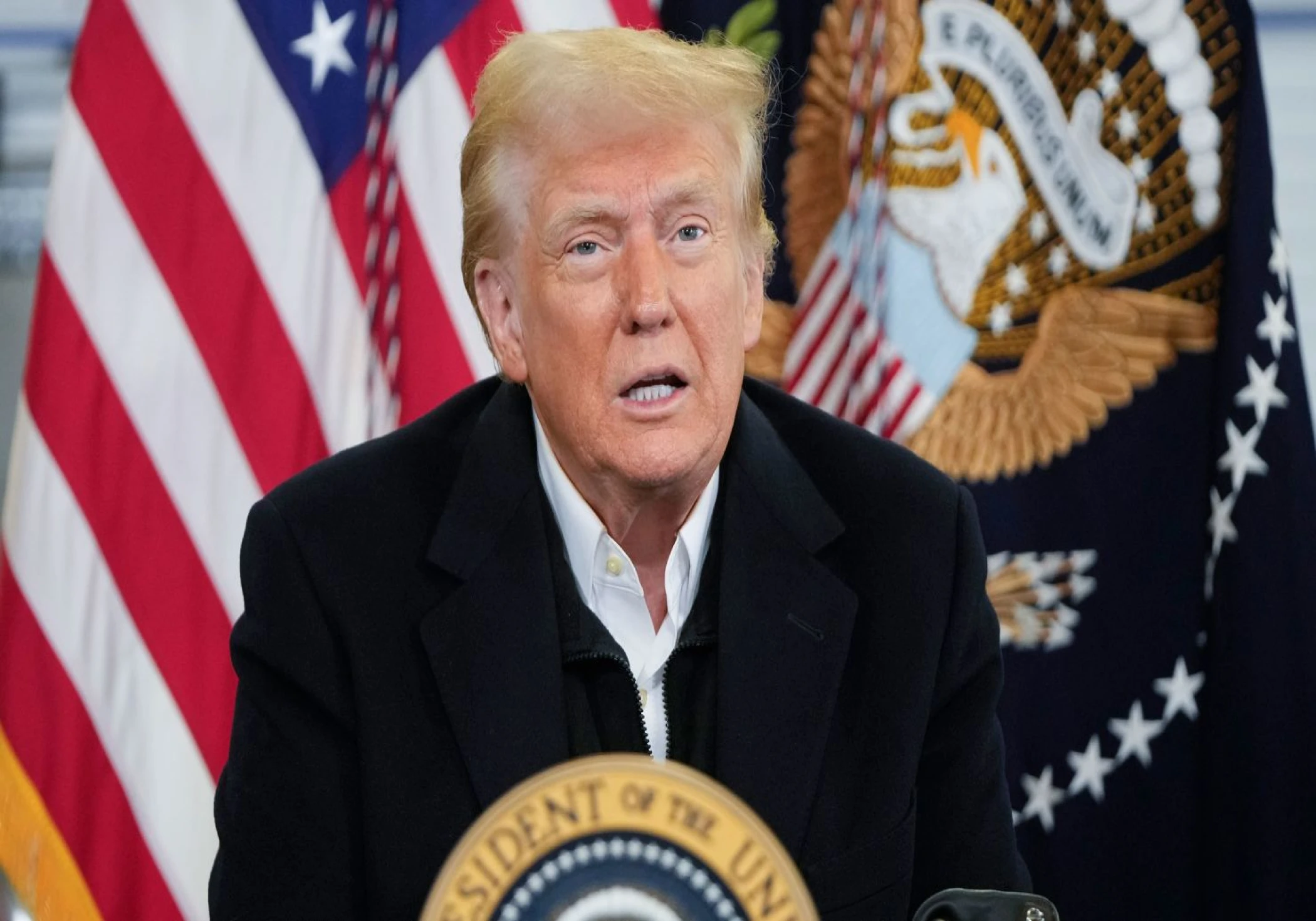
The U.S. administration of Donald Trump halted sanctions against Colombia on Sunday after the South American country reversed its deportation flight policy.
White House Press Secretary Karoline Leavitt said in a statement that Colombia's government "agreed to all of President Trump's terms, including the unrestricted acceptance of all illegal aliens from Colombia returned from the United States, including on US military aircraft, without limitation or delay."
The tariff orders would be "kept in reserve, and not signed," according to Leavitt. Leavitt, however, stated that Trump will continue to restrict Colombian officials' access to visas and to increase customs inspections of Colombian-made items "until the first planeload of Colombian deportees is successfully repatriated."
President Petro’s decision to accept the controversial flight was seen as a concession under mounting economic and diplomatic pressure. The Colombian government issued a statement emphasizing that the agreement was part of a broader negotiation to ensure humane treatment and reintegration support for returning migrants.
"We stand committed to upholding the dignity and rights of Colombian nationals abroad," President Petro said during a press conference. "This step is necessary to foster constructive dialogue with the United States, our key ally, while addressing the root causes of migration."
In a series of social media posts, Trump and Petro defended their stances on immigration. The latter claimed that Trump had not treated immigrants with decency when they were being deported and threatened to raise Colombian tariffs on US goods by 25% in retaliation. According to a statement from the President's office, Petro gave in to pressure from the United States and set up the presidential plane to ease the "dignified homecoming" of Colombian nationals who had been deported to the nation.
Additionally, a "special team" has been established by the Colombian government to guarantee the "dignified treatment" of Colombians who have been deported. Thus, at least for the time being, the possible tarriff conflict has been avoided.
While the immediate threat of a tariff war has been averted, analysts caution that the truce may be temporary. The broader issues of migration, trade imbalances, and diplomatic trust remain unresolved. Both nations are expected to engage in further negotiations in the coming months, aiming to establish a more sustainable framework for cooperation.

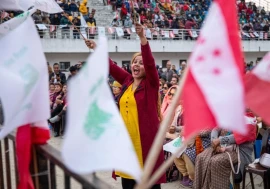
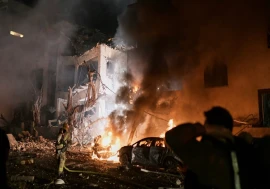
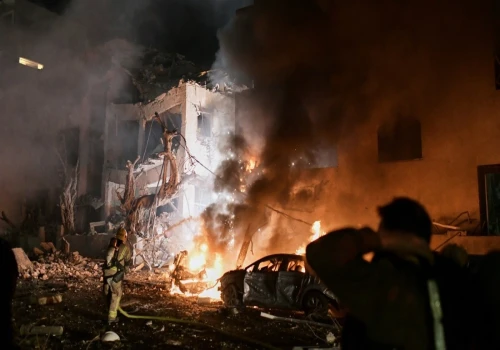
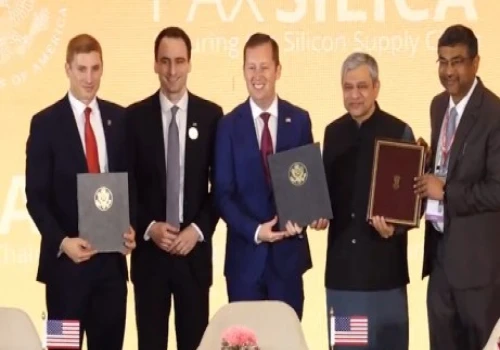
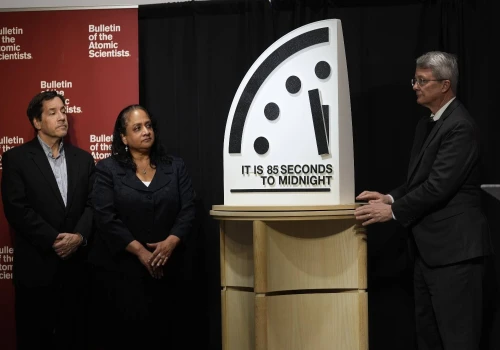
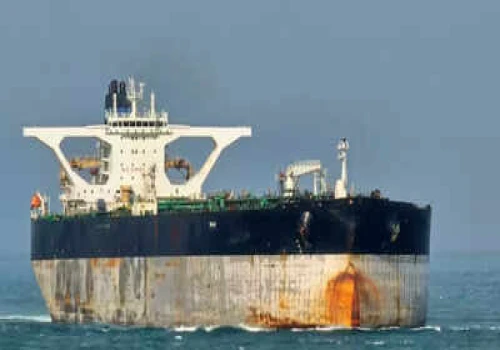
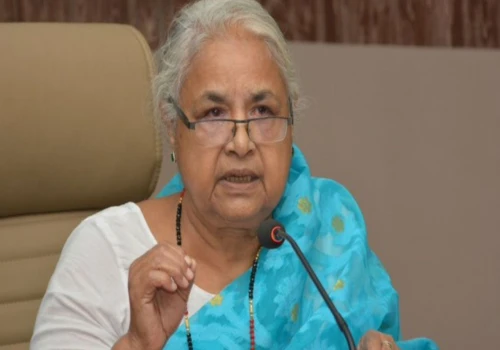
_500_x_350.webp)

